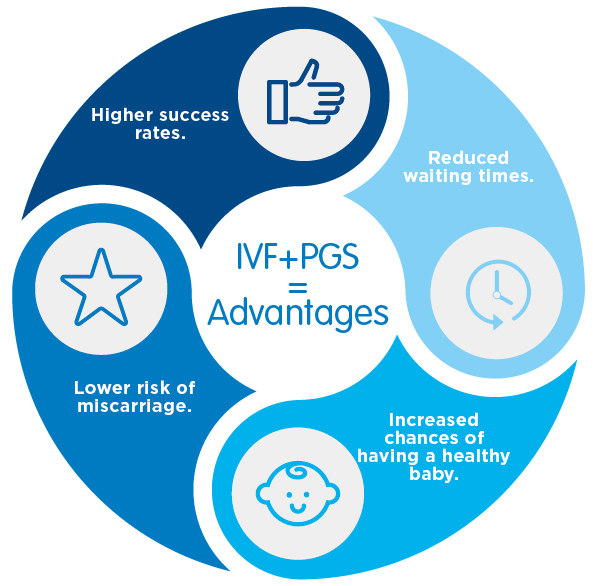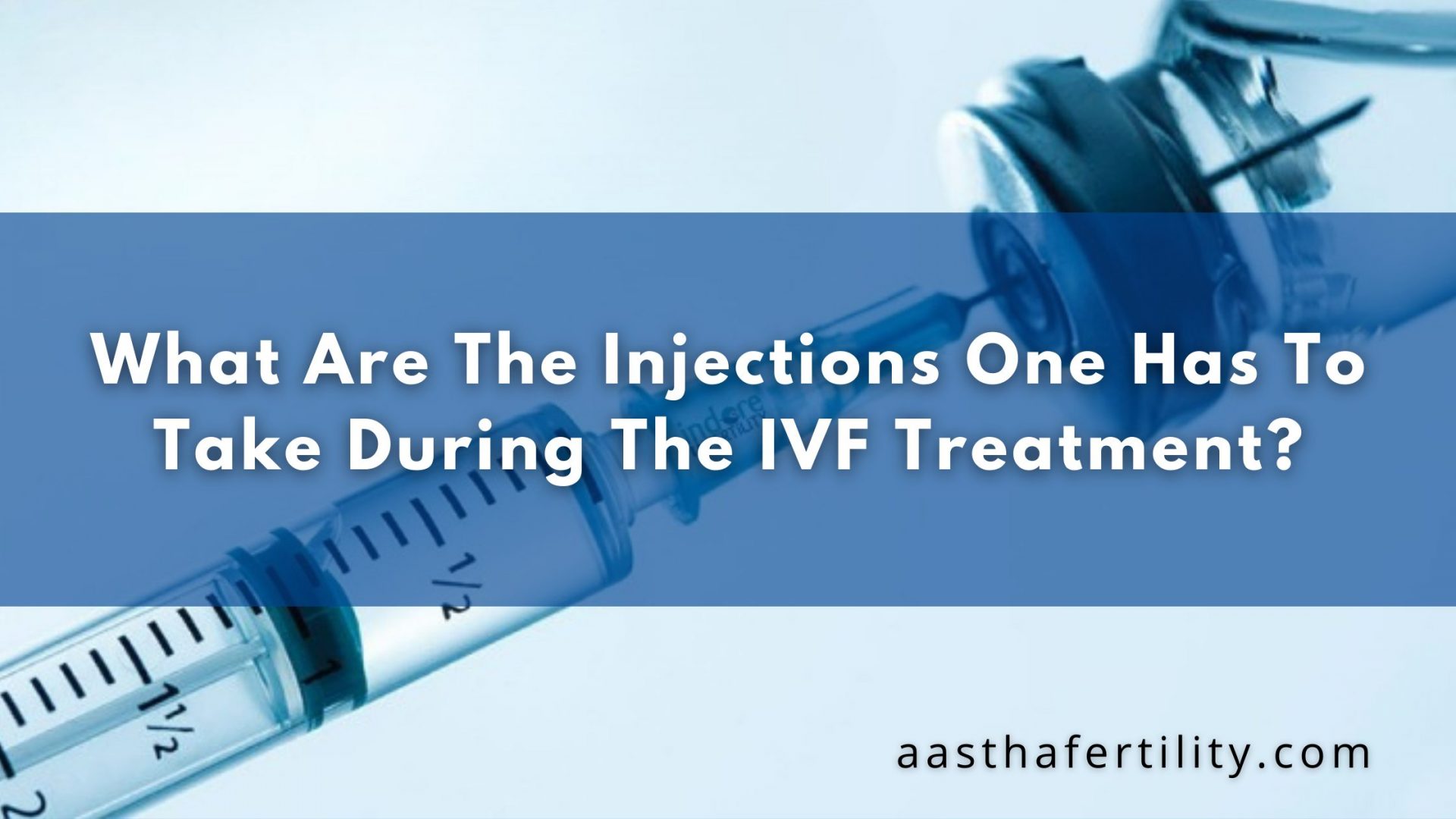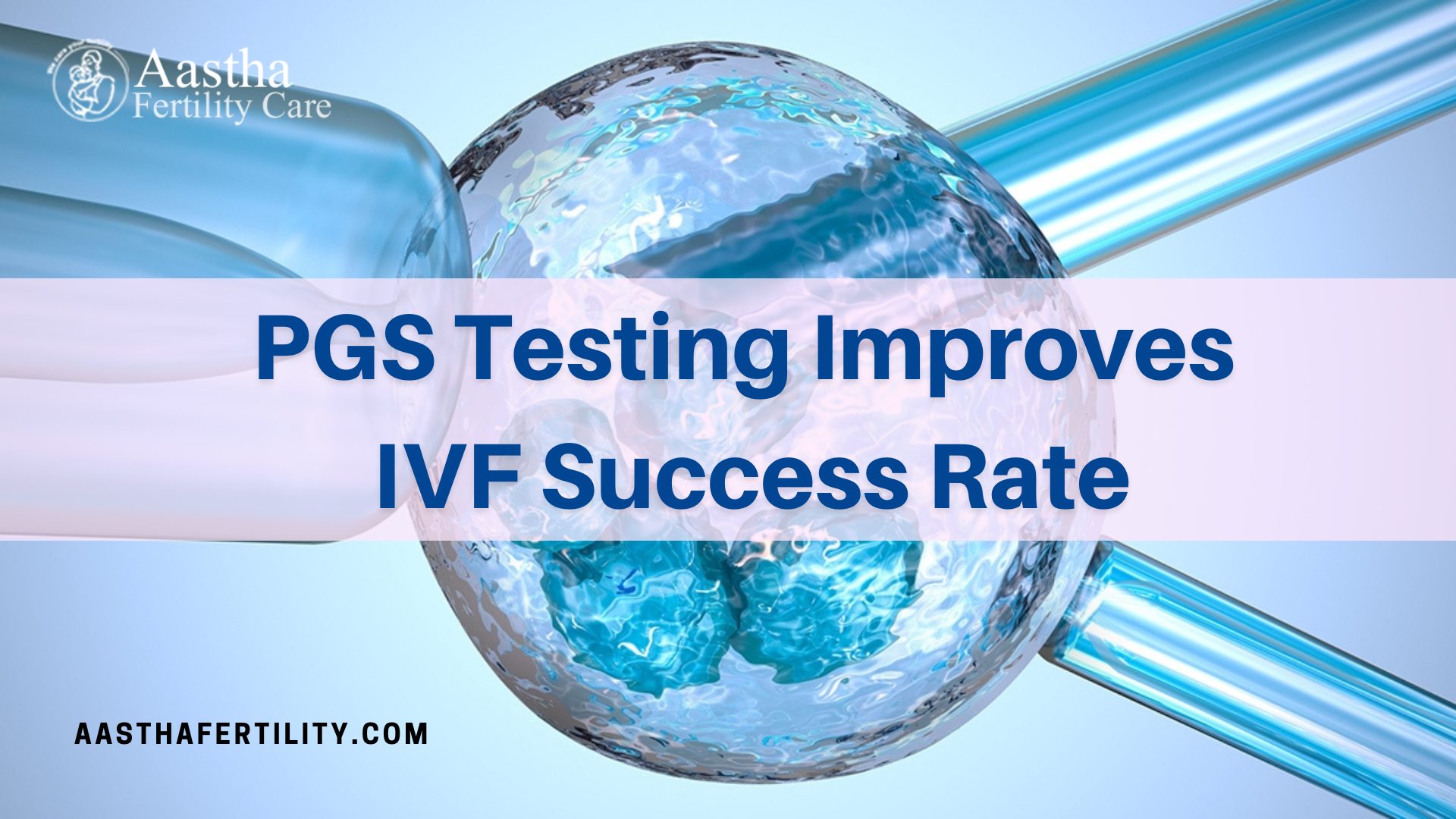Table of Contents
ToggleFor all the woman’s struggling to get pregnant, IVF or test tube baby seems to be the best and long-awaited successful step, helping them become pregnant and carry their own child.
In-Vitro Fertilization helps with embryo development, fertilization, and implantations, one of the widely known types of ART (Assisted Reproductive Technology) conducted with the help of medications, injections, and surgical procedures IVF procedure fertilizes matured eggs, further implanting them into the uterus.
Females with immature eggs are given medicines and special PCOD diet charts in order to make their eggs healthy and mature
Various studies have proved that there are 55% chances of getting pregnant with IVF on the first try for a woman younger than 35 years, and the number drops steadily as the age grows. It is also clear that there are straight 45% chances of failure with this procedure due to advanced maternal age or the duration of infertility.
Particularly in the case of advanced maternal age, most of the implantation and IVF failures are due to chromosomal abnormalities of the embryos. This means that the individual is either missing one of the paired chromosomes or has more than desired.
To test the embryos for chromosomal or specific genetic abnormalities, the doctors conduct a Preimplantation Genetic Screening (PGS) test, helping with successful pregnancy and a healthy baby.
What is IVF Treatment with PGS?
Many humans’ embryos are chromosomally abnormal, which says that they have another one of the chromosomes missing from the pair or have more than two chromosomes. Studies have proved that nearly more than 50% of the human preimplantation embryos with IVF have the chance of being abnormally normal. Female age is also one of the major factors for these abnormalities.
Most IVF procedures are now conducted with PGS to test these abnormalities. PGS refers to Preimplantation Genetic Screening that screens embryos for chromosomal abnormalities, identifying embryos with normal chromosomal orders. Therefore, the screening is conducted with greater precision than the visual microscopic observation typically used in IVF, allowing the transfers of normal embryos to increase the chances of delivering a healthy baby.
PGS Procedure
The entire PGS process consists of multiple steps, each precisely performed by the experts at their laboratories.
- The first step is in IVF, conducted with either ICSI (Intracytoplasmic Injection) or with conventional IVF through which the embryos are produced. The expert’s culture fertilized embryos for 3-5 days.
- The eggs used in the IVF process are first examined using AMH test to increase the chances to conceive.
- Embryo Biopsy is the second step in this process, performed between the third and fifth day of embryo development.
- After this biopsy process, the eggs are transferred for further analysis, and the results for the same usually take 24 hours.
- Embryos are frozen through vitrification, and thawing that frozen embryo is the final step.
Why Opt for PGD During IVF Procedure?
PGS with IVF increases the chances of delivering a healthy baby, increasing IVF’s success rate. There are multiple benefits of options for preimplantation genetic screening with IVF as patients get all their tests conducted for potential genetic problems before attempting for a cycle.
Although these are the different stages of the procedure, for a couple who is worried about extra complications that they might experience during conceiving, PGS is the best option for them. The screening helps identify whether a couple is liable to pass a genetically inherited abnormality for their child or not, especially recommended for older patients who have a history of unexplained pregnancy losses or failed IVF rounds.
Once PGS has been performed with the fertilized eggs, and the results are out, the IVF procedure usually continues. The only changes that will be done are that embryos passed with all clear tags are placed in the uterus, further allowing the development of the same in normal ways.
There are higher success rates of IVF with PGS that when IVF is used alone, pregnancy rates increase 70% instead of 50% without PGS. Therefore, the process helps circumvent and identify the issues, preventing pregnancy complications and improving the odds of the working cycle.
What Couples Should opt for PGS?
- Women over 35 years who opt for IVF must consider PGS as an essential part of their procedure.
- For the patients who have experienced multiple failed IVF cycles, the screening will help them answer why they are failing. Also, improve their chances of having a baby in the future, providing all the desired answers they have been waiting for.
- The process is also an essential and influential option for couples with abnormal embryos. For instance-if one out of the six embryos are normal, and the other five are abnormal, then the experts will transfer that one normal embryo, increasing the chances of a baby.
- Couples who have undergone multiple miscarriages must also opt for PGS. Hysteroscopy tests are also done to know why miscarriage or pelvic pain happens in females.
Cost of PGS:
Another issue that might affect your choice is the cost of PGS. This treatment is added to IVF and other fertility medications costs, including cell biopsy and embryo testing expenses. The price of PGS in India starts from around $1500/4 embryos. This further varies depending on the complexity and number of embryos to be tested.
What are the Benefits of PGS?

Improved Embryo Selections
The ultimate goal of PGS is to increase the chances that your selected embryos will lead to successful pregnancy and baby, reducing any further risks for miscarriages, decreasing the desired time and lowering the need for multiple embryos transferring.
While the patients need to pay an extra cost for PGS, it can also decrease the price through their IVF journey, decreasing the number of transfers that are necessary to conceive.
Gender Selection
To proceed with a balanced family, PGS will also help determine the embryo’s sex chromosomes and help transfer the embryos of the desired gender. There are multiple reasons for gender selection-
- The couple might be more equipped to raise a particular gender,
- They already have one or more children of the opposite sex, looking for a balanced family.
- The couple might have experienced a devastating loss of a particular child and hope to raise another same-sex.
Aastha Fertility Care: The Best PGS Clinic in India:
PGS must be considered an important procedure during IVF. It helps increase the success rate of pregnancy, identifying all the risks and complications that a couple might experience further while conceiving. Allowing easy gender selections also gives an option of a balanced family and helps decrease the IVF procedures cost.
Aastha Fertility Care has the best IVF specialist for PGS, conducting the procedure with utmost personal and emotional care. Aastha Fertility Care is one of the best IVF clinics in India; They have access to all the latest technologies conducted by the best experts. Whether you are looking out for PGS, PGD, IVF, ICSI, IUI treatment or want any help with natural conceptions, a team of doctors and professionals at Aastha Fertility will guide you to the best in your journey towards parenthood.





Leave a comment